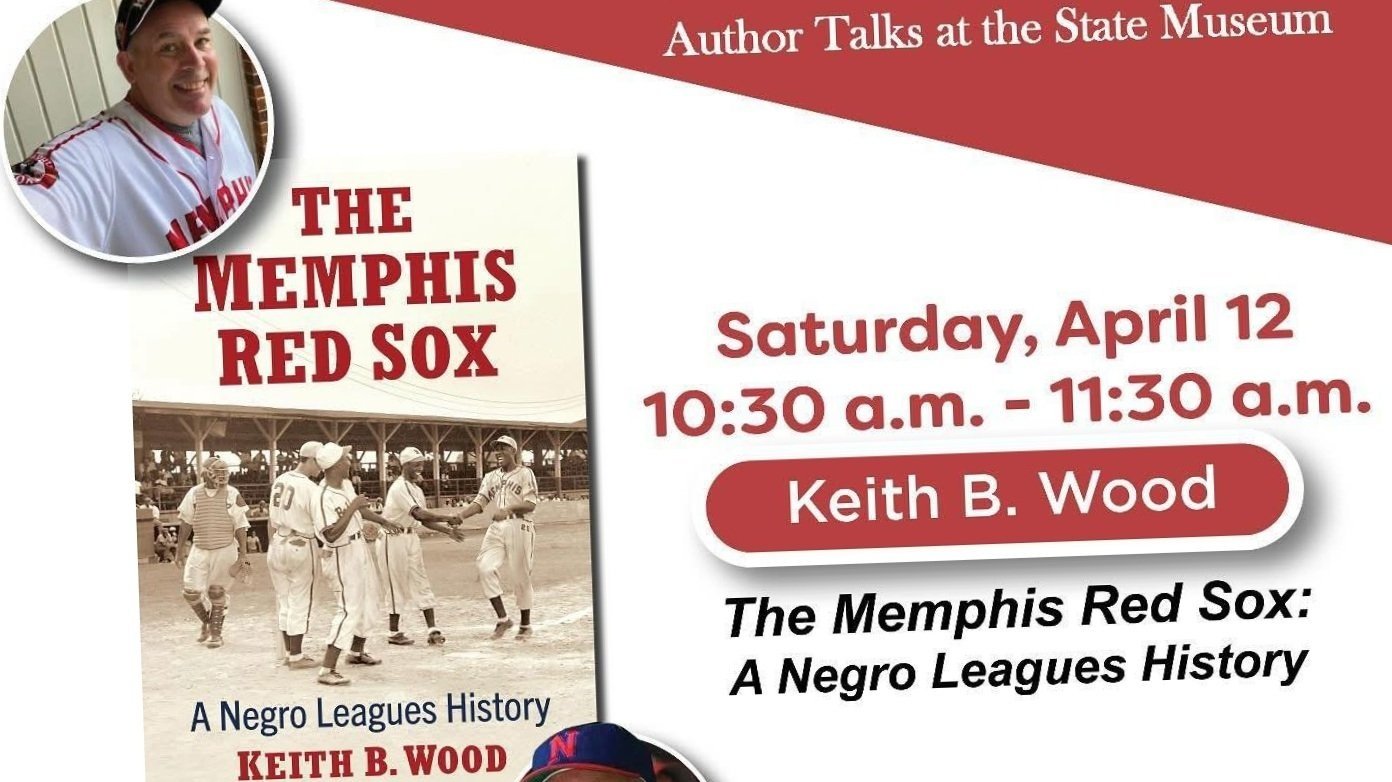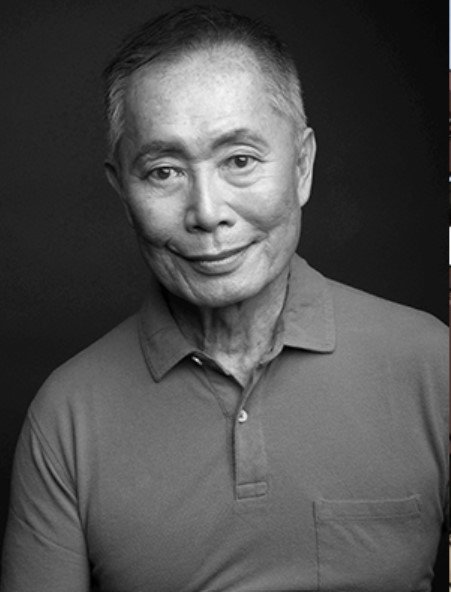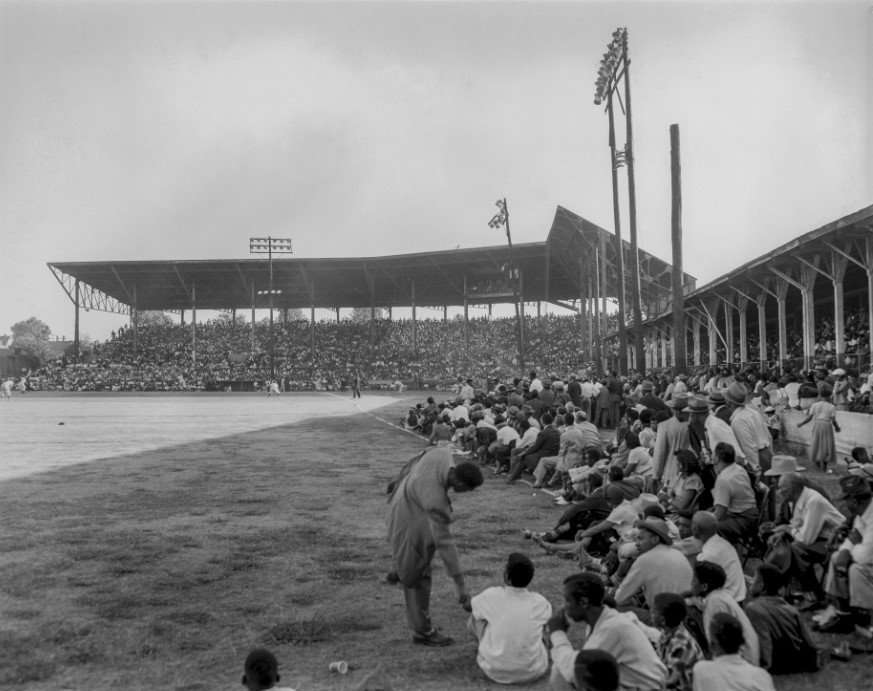
Saturday, April 12 10:30-11:30 am
TN State Museum - Nashville, TN
Moderator: Skip Nipper SABR
Friday September 29, 2024
Venue
Ensworth HS
Nashville, TN
Excited to join this conversation with TAIS and FHAO in Nashville. I will also be doing a book signing for those in attendance. Chapter 5 in The Memphis Red Sox: A Negro Leagues History speaks to politics gone wrong in Memphis in 1940 when Boss Crump ran JB Martin out of town for disagreeing with him politically in the 1940 Presidential Election.

Events with phd wood
Scroll down to find the next event

Meet & Greet
Memphis Red Sox Night
Autozone Park - Saturday August 10th
Gates Open 5:30 pm
Book signing on 3rd Baseline Concourse
Book-Talk
The Memphis Red Sox: A Negro Leagues History
June 6, 2024
8:00 am
Glenville Queen Diner
210 Saratoga Road
East Glenville, NY
A Schenectady native, Wood returns home to talk Negro leagues baseball in Memphis. A 1990 graduate of Mont Pleasant High School, Wood earned his BA at St John Fisher College in Rochester, NY, and his masters and doctorate degrees from the University of Memphis.
In The Memphis Red Sox, he examines Memphis's symbolic meaning and value as a Negro leagues baseball city during Jim Crow. It locates the main intersections between black professional baseball and the South in the four decades that spanned the modern Negro leagues era and analyzes the racial dynamics in the city through the lens of the Memphis Red Sox, a black-owned and operated organization that stood as a pillar of success.
George Takei
“They called us enemy”
-

George Takei
Japanese Amercian, who at 5 years old was arrested and sent to a prison camp in Rogers, AR following FDR’s Exec. Order 9066.
-

They Called us Enemy
Takei penned his graphic memoir They Called Us Enemy (2019), in which he integrates his childhood experience of incarceration with perspectives gleaned from older survivors to offer readers of all ages an accessible window into his family’s experience.
-

CBHS FHAO Students
Students from CBHS’ FHAO elective class and FHAO-SLG group participated in Takei’s Zoom Conference Call.

excerpt from takei’s remarks
“When I was five years old, I was categorized as an enemy alien by my own country: the United States of America. But I wasn’t an enemy, I was a five-year-old kid. And I wasn’t an alien, I was an American born in Los Angeles to a mother who was born in Sacramento, California. My father was born in Japan but he was brought to San Francisco when he was a young boy, and he was reared and educated in San Francisco. And yet, because we looked like the people who bombed Pearl Harbor, we were seen as the enemy and as aliens.
There was war hysteria that swept across the country combined with racism…. [President Roosevelt] was swept up in the fear and hysteria and he signed Executive Order 9066 which ordered all Japanese Americans on the West Coast...to be rounded up and put in barbed-wire prison camps in ten of the most desolate places in the country. I remember that day. It was a terrifying day...
We saw two soldiers marching up our driveway carrying rifles with shiny bayonets on them and, with their fists, began pounding on the front door… My father answered the door and, literally at gunpoint, we were ordered out of our home… We were taken from our home to the horse stables of Santa Anita Horse Track, and we were assigned a smelly horse stall to live in while the camps were being built. And so that was the beginning of a chapter of American history that I lived through from the age of five until eight years old, the duration of the war...
Immediately after the bombing of Pearl Harbor, Japanese-American young people, like all young Americans, rushed to their recruitment centers to volunteer to serve in the U.S. Military. This was an act of patriotism which was answered with a slap on the face. They were denied military service and categorized as enemy aliens—and they were imprisoned. But a year into imprisonment, the government realized there was a wartime manpower shortage and there were all these young people that they could have had but had been categorized as enemy aliens. They wanted to draft us, but how to justify drafting enemy aliens out of a barbed-wire concentration camp to serve in the U.S. military? Their solution was as outrageous and as cruel as the imprisonment itself. It was a series of questions, but two questions turned all ten camps into turmoil...
My parents were being asked to...abandon their children and bear arms to defend the nation that was imprisoning their children. It was outrageous and...an ignorantly put together loyalty questionnaire. My parents answered “no”...and, because of that, they were categorized as disloyal…. [We were then sent to] a high-security camp called The Segregation Camp which had three layers of barbed-wire fences and a half a dozen tanks patrolling the perimeter to goad and to terrorize the people who were there…”
The Civil Rights Movement in Memphis: First-Hand Accounts
May 2, 2023
Beth Shalom Synagogue - Memphis, TN
Moderator, Dr. Keith Wood, led panelists Dr. Danny Becker, Rachel Shankman, and Francine Brown as they shared their own recollections from the civil rights movement in Memphis. They spoke about the sanitation strike, and MLK’s assassination, during this troubled time in Memphis’s history. The panelists also facilitated a forum for discussion and questions on how their memories may serve to generate momentum in the ongoing work for a more just city.
Anya Baum
April 2023
CBHS welcomed 93-year-old Anye to campus this past week to share her story of survival during the Holocaust. Originally from Belarus, Anye and her mother and brother stayed on the run from the Nazi regime for the majority of WWII. Her lived experience brought history alive to our students at CBHS. (Click on the picture below of Anya to get to her talk.)






















